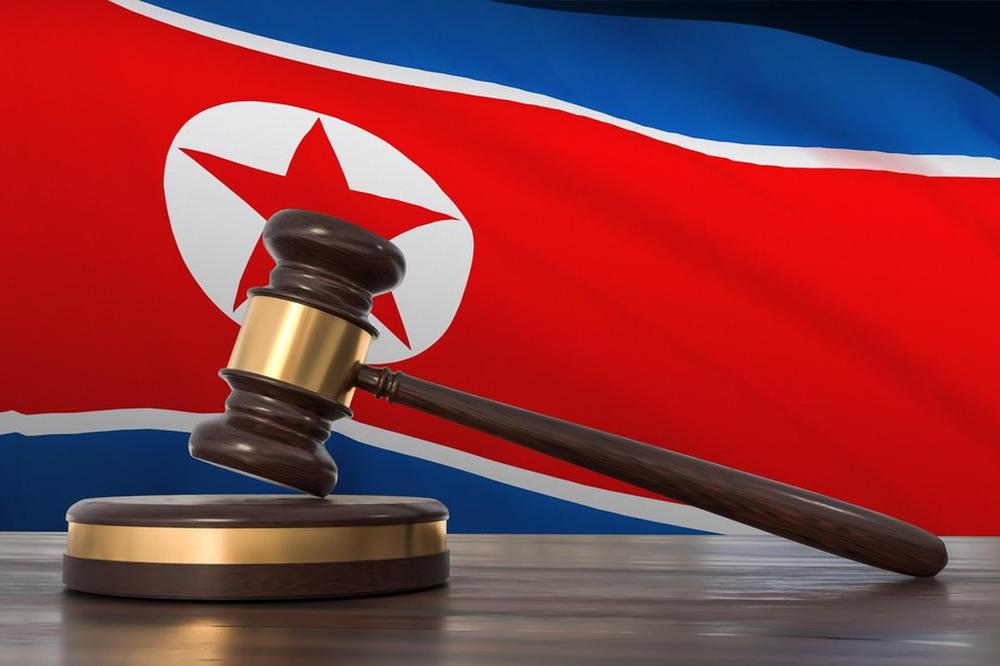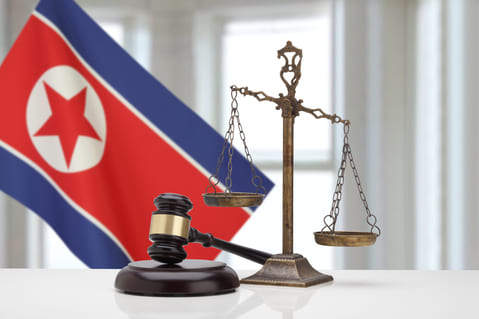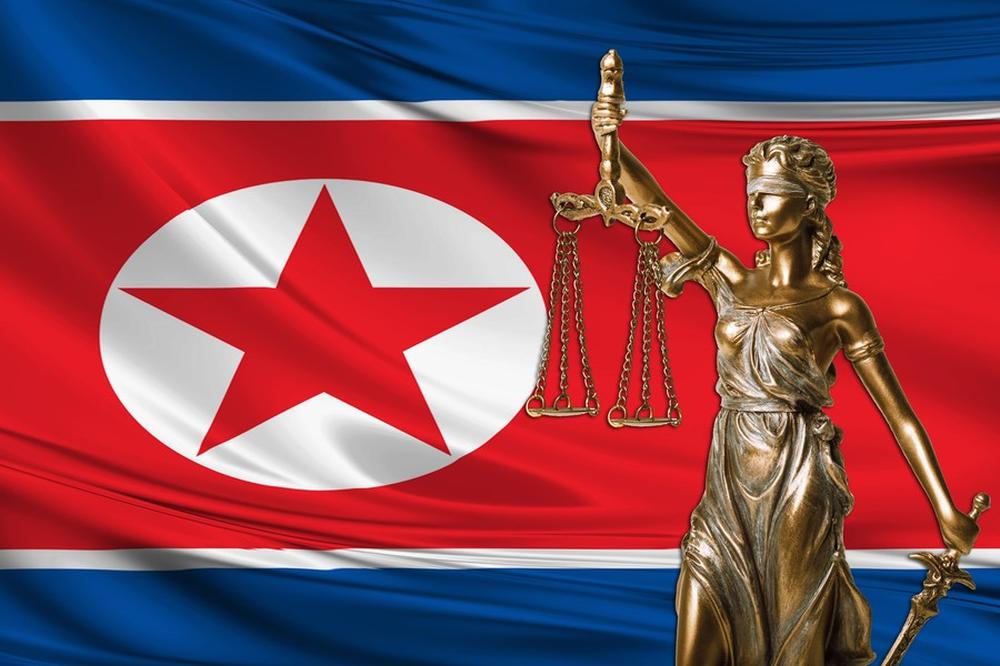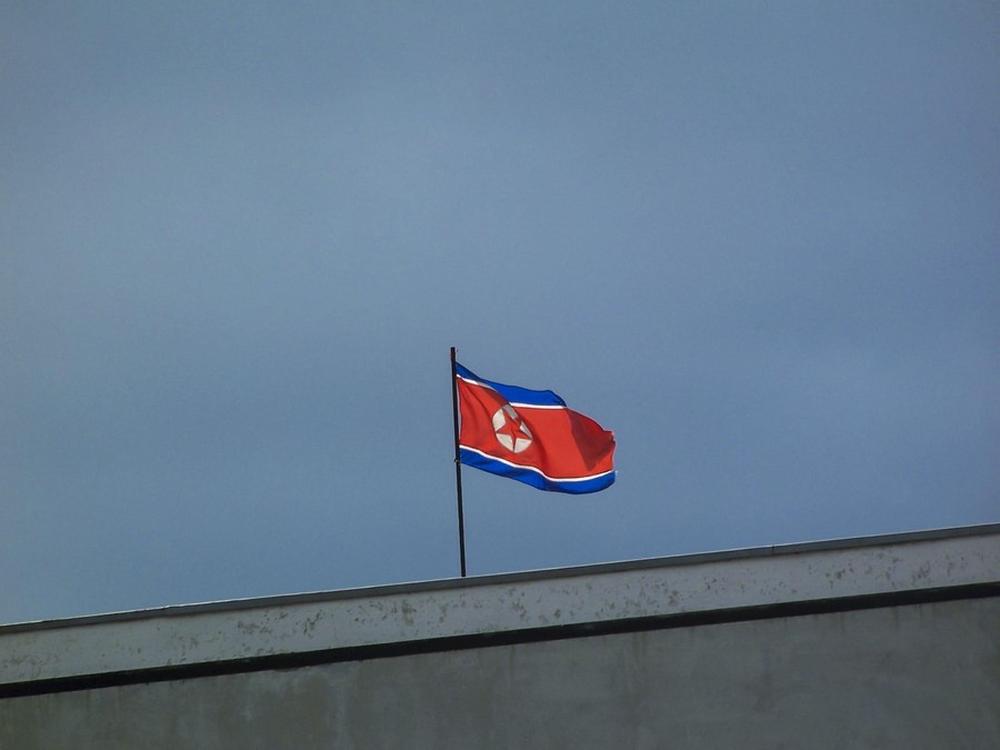- #China
- #North Korea
- #Sanctions & Human Rights

►What is clear is that the North Korean regime has ignored the rights and freedoms of its people set forth by the Universal Declaration of Human Rights. In comparison to other dictatorships, North Korea’s human rights situation is clearly more dire and serious.
►Since 2017, the North Korean economy has stalled as a result of international sanctions and COVID-19. In areas beyond Pyongyang and, especially among vulnerable groups, supplies of food and daily necessities are expected to worsen, leading to greater instability among the North Korean people.
►In order to improve North Korea’s human rights situation, we must prioritize accountability but also deliberately consider how to better implement ‘constructive engagement.’
North Korean Human Rights Situation
North Korean human rights issue can be described as a quagmire that “everyone talks about but nobody knows the truth to.” As a result, there have been a great deal of speculations and controversies surrounding the issue. Some have used the issue for political purposes, leading to greater politicization.
However, what is clear is that the North Korean regime has ignored the rights and freedoms of its people set forth by the Universal Declaration of Human Rights. In comparison to other dictatorships, North Korea’s human rights situation is clearly more dire and serious. According to Freedom House’s 2022 Freedom Index, which analyzed the human rights situations in 210 countries, North Korea’s political rights and civil rights, respectively, were given scores of 0 (out of 40) and 3 (out of 60) for a combined score of 3 (out of 100). There are only four countries (Syria, Tibet, Sudan, Turkmenistan) that were rated lower than North Korea.
Since 2017, the North Korean economy has stalled as a result of international sanctions and COVID-19. In particular, its foreign trade has declined precipitously and greater border shutdown has led to significant food shortages for the North Korean people. Fortunately, it appears that grain harvests and grain imports have increased slightly from last year and the resumption of markets has also slightly improved food supply. Improvements in grain production and import suggest that the possibility of starvation is not likely. However, in areas beyond Pyongyang and, especially among vulnerable groups, supplies of food and daily necessities are expected to worsen, leading to greater instability among the North Korean people.
On May 12, North Korea publicly announced its COVID-related cases and strengthened its emergency quarantine measures. On July 28, however, North Korea announced that it no longer has COVID cases and on August 10, Kim Jong-un made the implausible claim that North Korea was COVID-free. The reason behind its COVID-free announcement is not only to showcase Kim Jong-un’s crisis management skills and promote regime solidarity but also to improve its distribution capacity and receive greater economic aid from the outside (China). Closing down borders and expelling foreign ambassadors as well as international organizations have led to a significant drop in international aid. It has also failed to respond to vaccines offered by Korea and the United States, which will end up directly targeting North Korea’s vulnerable groups. In essence, it appears that North Korea is using quarantine as an excuse to strengthen its grip on containment and control while engaging in human rights violations. It seems that COVID is being used by the North Korean regime for political purposes, including for regime stability and consolidation of power.
When we discuss North Korea’s human rights, we not only have to talk about North Korea’s internal human rights situations and issues involving defectors, but also human rights violations being committed by the North Korean regime against citizens of other countries, including Korea. During the Korean War, North Korea held around 60,000 POWs. 8,000 POWs were returned while the rest, according to North Korea, agreed to remain in North Korea (the UN and Korea returned around 30,000 POWs back to North Korea). Those POWs who had remained in North Korea were assigned to forced labor in coal mines and three generations of their families were discriminated against after being labeled as belonging to a ‘hostile’ social class. In the 1990s, when there was an increase in the number of defectors, only around 80 POWs managed to escape North Korea. Today, most of the POWs are likely deceased.
Dealing with defectors in the post-Korean War period is also a serious human rights issue caused by the North Korean regime. After the ceasefire in 1953, the North Korean regime has abducted around 3,830 South Koreans, of which 516 still remain in North Korea. These abductees have been victimized by the North Korean regime. They are used for North Korean propaganda or used as infiltration soldiers against the South. Their families have also suffered significant psychological and materialistic damages. This is an issue that undoubtedly requires accountability.
International Pressure to Improve North Korean Human Rights and North Korea’s Resistance
International pressure to improve the human rights conditions in North Korea can largely be divided into two categories: 1) investigation of accountability and 2) sanctions. First, efforts to assign accountability have revolved around the United Nations. These efforts include the annual human rights report drafted by the General Assembly and the Human Rights Committee, Security Council discussions, as well as the assignment of a special human rights envoy. Following the February 2014 COI (Commission of Inquiry on Democratic People's Republic of Korea) report, and especially since 2017, discussions at the Security Council-level have stalled and, therefore, their resumptions are a desperately needed. Second, the United States has levelled unilateral sanctions against human rights violators. Since 2016, the U.S. has published six reports that document human rights situations in various countries, abduction cases, and violations of freedom of religion, among many others. Elsewhere, the EU has served as a penholder in the drafting of the UN human rights reports and in March of 2021, has begun to implement unilateral human rights sanctions.
Despite these efforts, the United Nations has shown its structural limitations especially in terms of dealing with North Korea’s human rights issue. Despite North Korea being a member of the UN, China has begun to expand its sphere of influence within the UN. It is for this reason that close coordination and cooperation among like-minded states—centered on Korea, the United States, and Europe—are especially important. Given that much of today’s focus is being centered on Ukraine, Myanmar, and the energy crisis, and the North Korean human rights agenda has been pushed further back in the pecking order of global crises, we must come up with a strategic approach that can help us refocus on the North Korean human rights issue and revitalize our efforts.
North Korea has five laws that guarantee and respect basic human rights of its people. It is also a member to five core international treaties on human rights. Specifically, North Korea is a state party to the International Covenant on Civil and Political Rights (ICCPR) and International Covenant on Economic, Social and Cultural Rights (ICESCR) even though it frequently engages in public executions, forced imprisonment, and interception of information. Also, its free distribution system and medical services only apply to a group of select government officials—leading to the assessment that it is ‘very poor’ in terms of honoring these international treaties. The other three treaties are the Convention on the Rights of the Child (CRC), the Convention on the Elimination of All Forms of Discrimination against Women (CEDAW), and the Convention on the Rights of Persons with Disabilities (CRPD). Again, North Korea has exploited loopholes in these treaties to engage in human rights violations while affording room to defend itself against international pressures in order to save face. North Korea is assessed as being ‘selective’ in its implementation of these three treaties. Fundamentally, North Korea has refused to acknowledge the fundamental human rights afforded by the Universal Declaration on Human Rights. It labels any criticisms by the international community as an effort to meddle in its domestic affairs and points to unfairness involving different standards for different countries.
North Korea has responded by pointing out that the United States is the country with the most number of deaths by firearms. For example, it has provided extensive coverage of the protests involving the death of George Floyd in an effort to shed light on police brutality in the United States. By doing so, it was criticizing the United States’ self-made human rights standards. Moreover, it fully denounced the April 2022 UN Human Rights Resolution as an infringement of sovereignty and a political provocation. In early August, it strongly criticized North Korean Human Rights Ambassador Lee Shinhwa as a “wicked combatant,” and in response to the visit of newly appointed UN Human Rights Special Rapporteur Elizabeth Salmon to Seoul in early September, it announced that “We had already made clear our principled stand that we neither recognize nor deal with any 'special rapporteur' who is merely a puppet of the United States.”
International Cooperation to Improve North Korea Human Rights Situation
First and foremost, we need to define and institutionalize what constitutes North Korean human rights. This will require a de-politicized, international consensus because we need to get away from the issue of politicizing the North Korean human rights issue caused by the lack of definition and facts. For this to take place, there has to be consistent collaboration among the public, government, and academia in the form of dialogue or forum. In other words, there has to be an effort to establish a consensus regarding the North Korean human rights situation and/or language that is not influenced by political inclinations of Korean leadership.
Second, human rights issue is not a switch that can be turned on or off depending on domestic or international political conditions. North Korea’s military provocations (missile and nuclear threats) and human rights violations are two sides of the same coin. Its weapons development has a negative influence on the livelihood of North Korean citizens. Moreover, human rights are an Achille’s heel for the North Korean regime. Therefore, its human rights issue, along with sanctions, must be leveraged to force North Korea back to the negotiation table. This is especially pertinent given the lack of progress in denuclearization talks. The international community’s policy approach to North Korea must link human rights issue with the nuclear/missile issue.
In this sense, the role of the United States cannot be understated. The appointment of a special envoy for North Korean human rights issue, which would be the first since 2017, is imperative. This will serve as a clear warning for the North Korean regime and a ray of hope for the North Korean citizens. Also, greater interests have to be taken in the EU and like-minded states which can provide greater momentum for strengthening international cooperation.
Third, the international community must prevent China’s complicity involving North Korea’s human rights violations. China shares a vulnerability with North Korea in that it is also a recipient of international pressure and criticism regarding its human rights situation (it received a score of 9 out of 100 by the Freedom House index). Regarding China’s repatriation of North Korean defectors, there has been greater international pressure and demand for China to respect and implement the non-refoulement principle as a member of UNHCR. As the US-China strategic competition intensifies, China’s non-cooperation and interference within the UN have become a problem. Recently, China and Russia have resisted UN-led human rights resolutions and have made moves to bring swing states to their side. Although difficult to predict, the recent rejection of UN Human Rights Committee resolution on Chinese human rights violations against the Uyghurs is part of a negative trend that could, in turn, impact the North Korean human rights resolution set to be submitted to the UN General Assembly in November.
In order to better deal with this situation, we must acknowledge the structural limitations of the UN and try to come up with a new platform outside of the realm of the UN. Therefore, cooperation and solidarity among ‘like-minded countries’ are important. At the same time, there is a growing need for a strategic approach to convince and engage ‘different-minded countries.’
In order to improve North Korea’s human rights situation, we must prioritize accountability but also deliberately consider how to better implement ‘constructive engagement.’ Constructive engagement, including humanitarian aid, does not imply that we should revert back to the definition provided by the previous liberal governments and focus on humanitarian aid while ignoring human rights issue. Rather, it means that we need to come up with a better way to provide humanitarian aid and draft a more effective overall strategy to fundamentally improve the lives of North Korean citizens. Since North Korea’s human rights violations fundamentally involve the North Korean regime, we must create a checklist on how the international community can approach the issue with a unified voice and not only pressure the North Korean regime but to engage constructively to figure out how to resolve the fundamental problem of human rights violations taking place in North Korea.



